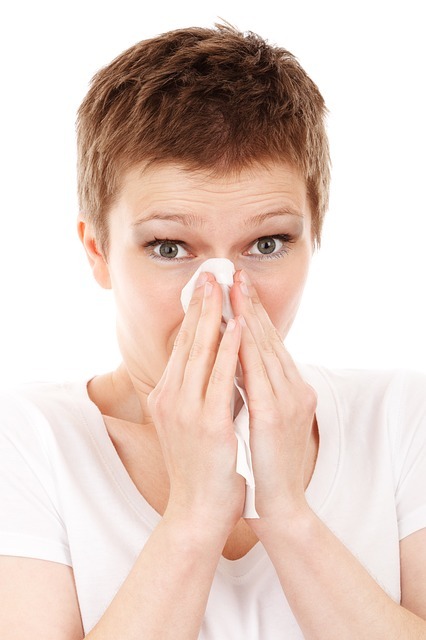Allergies Effects on Skin Problems
Posted on: February 25, 2019

Many types of skin issues can result from exposure to allergens. Allergens can include pollen, food, chemicals, medications, animals, perfumes, makeup products, skin care, and other substances. Exposure to allergens can leave your skin feeling dry, itchy, swollen, and may cause a skin condition that should be treated by a dermatologist or an esthetician. Allergic reactions of the skin can be irritating, embarrassing, and even painful.
Types of Skin Conditions That May Be Caused by Allergens
Types of skin conditions that may be due to exposure to allergens include:
- Hives
- Dermatitis
- Eczema
- Contact Dermatitis
Hives (i.e., urticaria) are itchy, red, swollen welts on the skin. Hives can be small or large in size. Smaller welts may begin to connect and swell into larger welts. Typically, hives usually last for approximately two to three days. Hives can last for longer than six weeks and are known as chronic hives. If you are experiencing chronic hives, your dermatologist may be able to prescribe an antihistamine to help reduce your symptoms of swelling and itching.
Dermatitis is a condition that involves an inflammation of the skin that results in a scaly, red, and itchy rash. Two types of dermatitis that are commonly seen are atopic dermatitis (eczema) and contact dermatitis. Eczema is a skin condition that is chronic and is most often associated with allergies to food, asthma, or allergic rhinitis. Consuming certain foods may bring on the symptoms of eczema. Dust mites, animal dander, irritants, or sweating may also trigger symptoms of eczema to appear. Contact dermatitis occurs when allergens come into contact with the skin. Allergens that may cause contact dermatitis include dyes, nickel, perfumes, latex, and certain medications.


